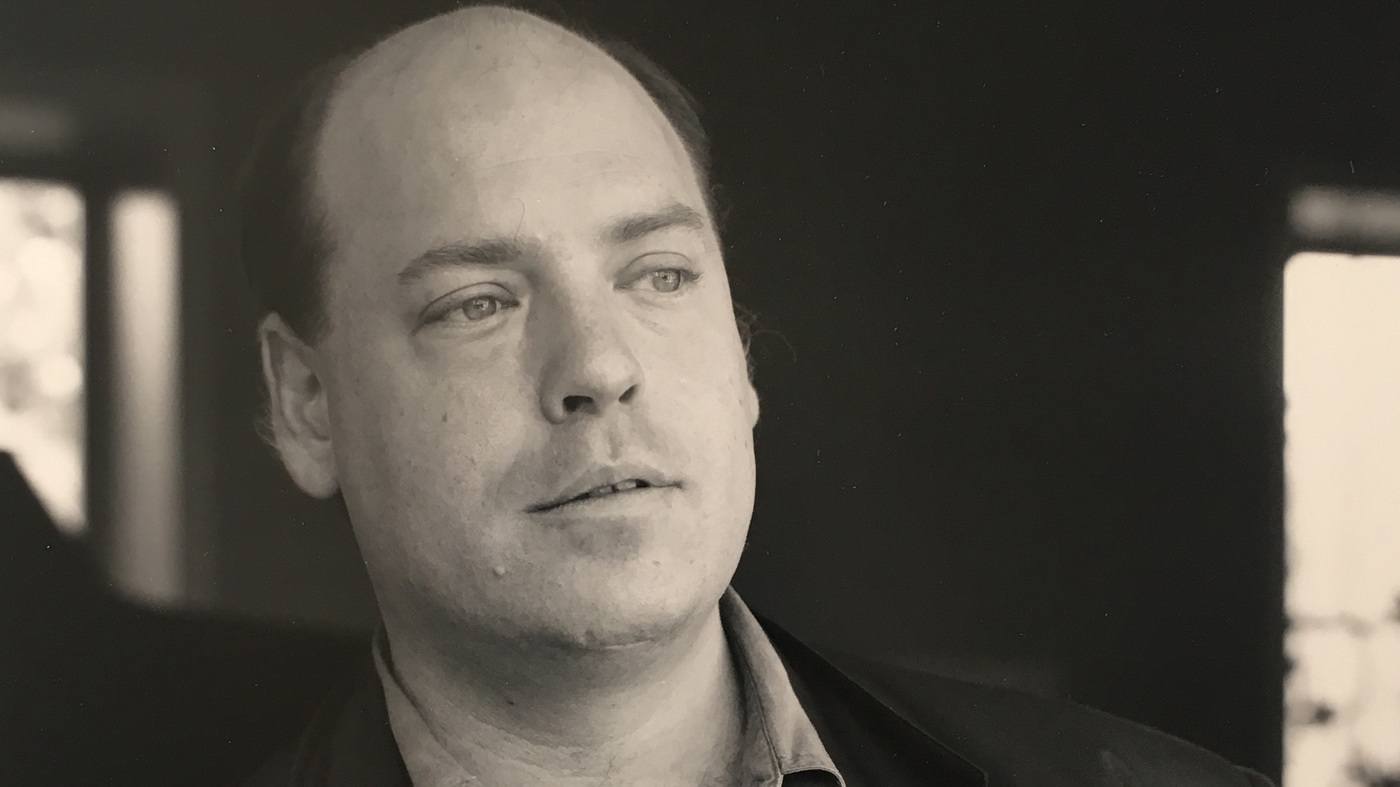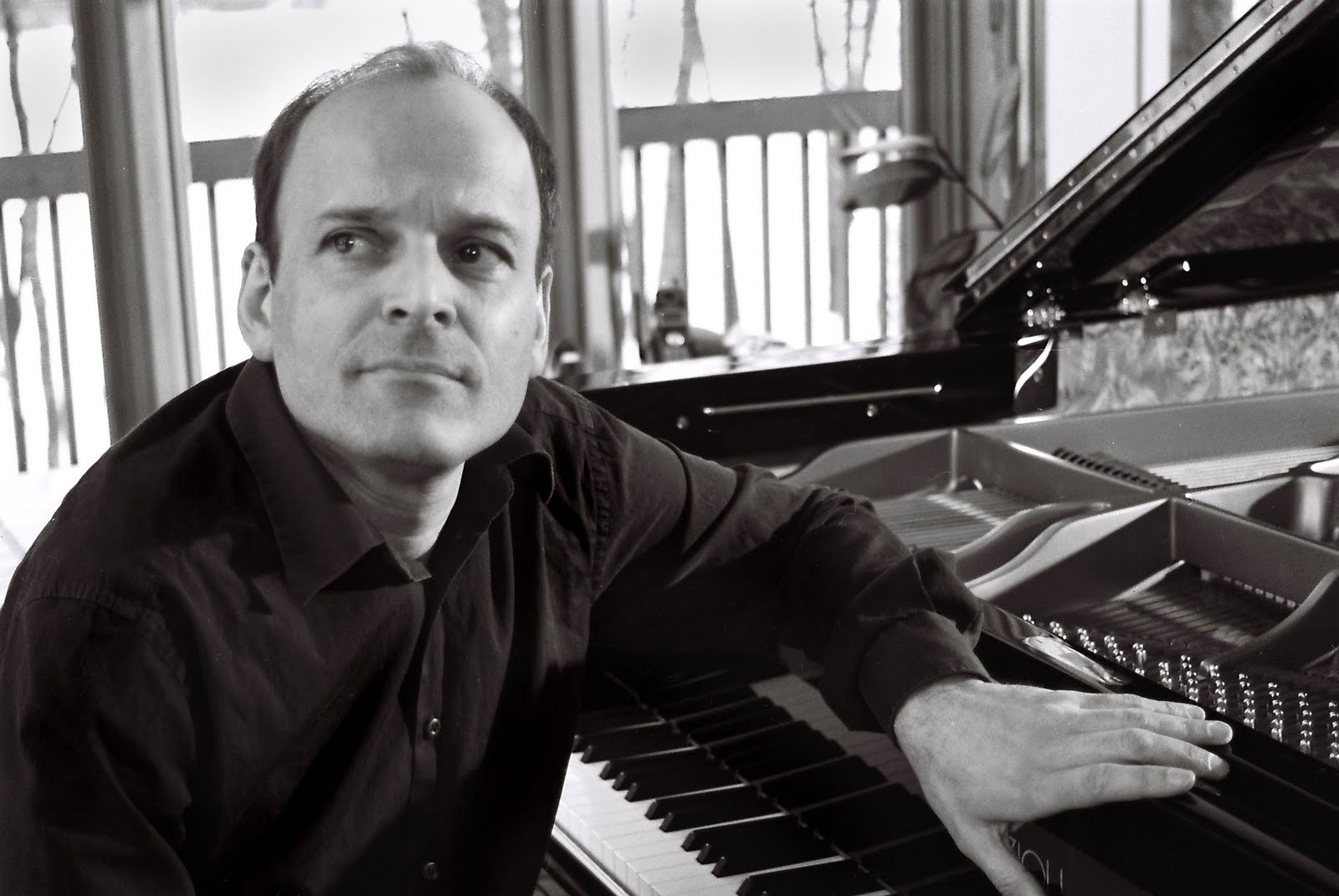Remembering Sanford Sylvan
The renowned American baritone Sanford Sylvan passed away suddenly last week. He was 65. Sylvan’s career on the opera stage included premieres of works by John Adams, Philip Glass, Peter Maxwell Davies and Christopher Rouse. He was the first to perform the role of Chou En-lai in Nixon in China (1987) and Leon Klinghoffer in The Death of Klinghoffer (1991). In addition, he premiered Adams’ haunting setting of Walt Whitman’s poem, The Wound Dresser. He was an …




